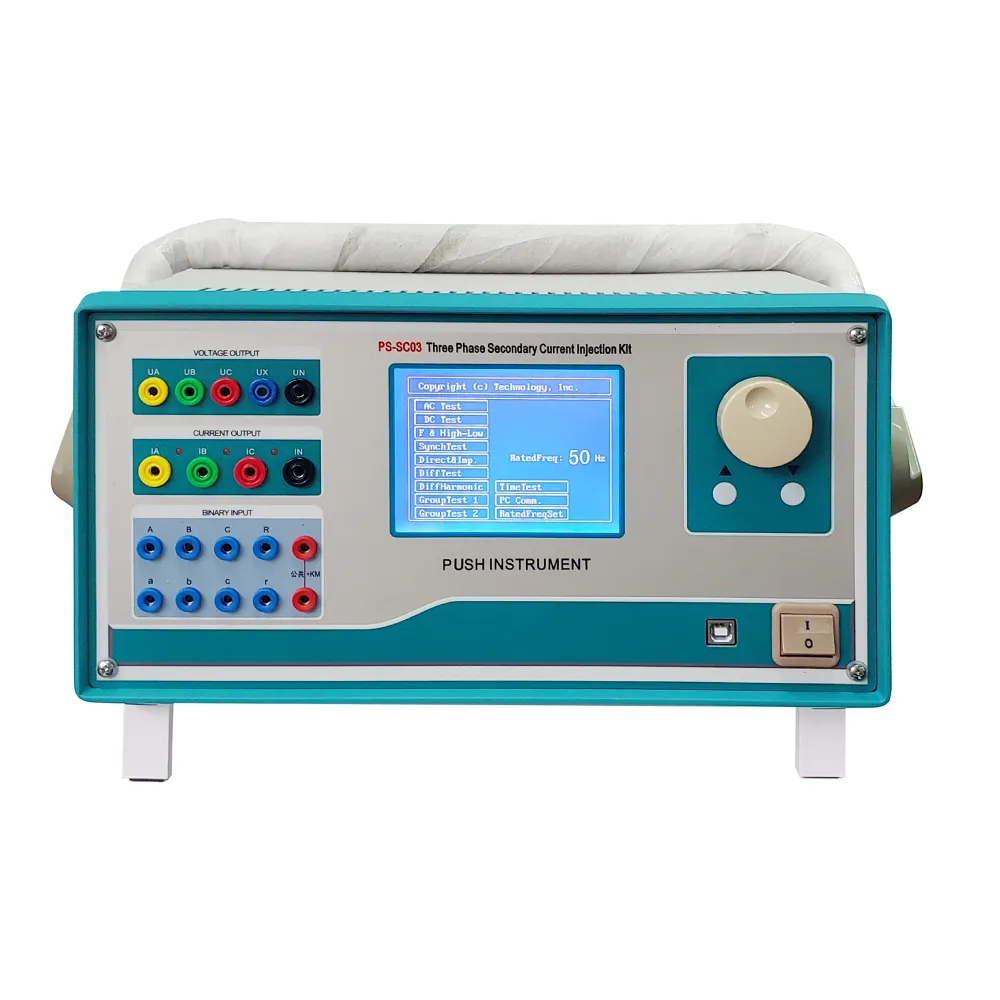TEL:
+86-0312-3189593
 English
English

Telephone:0312-3189593

Email:sales@oil-tester.com

-
 Afrikaans
Afrikaans -
 Albanian
Albanian -
 Amharic
Amharic -
 Arabic
Arabic -
 Armenian
Armenian -
 Azerbaijani
Azerbaijani -
 Basque
Basque -
 Belarusian
Belarusian -
 Bengali
Bengali -
 Bosnian
Bosnian -
 Bulgarian
Bulgarian -
 Catalan
Catalan -
 Cebuano
Cebuano -
 China
China -
 China (Taiwan)
China (Taiwan) -
 Corsican
Corsican -
 Croatian
Croatian -
 Czech
Czech -
 Danish
Danish -
 Dutch
Dutch -
 English
English -
 Esperanto
Esperanto -
 Estonian
Estonian -
 Finnish
Finnish -
 French
French -
 Frisian
Frisian -
 Galician
Galician -
 Georgian
Georgian -
 German
German -
 Greek
Greek -
 Gujarati
Gujarati -
 Haitian Creole
Haitian Creole -
 hausa
hausa -
 hawaiian
hawaiian -
 Hebrew
Hebrew -
 Hindi
Hindi -
 Miao
Miao -
 Hungarian
Hungarian -
 Icelandic
Icelandic -
 igbo
igbo -
 Indonesian
Indonesian -
 irish
irish -
 Italian
Italian -
 Japanese
Japanese -
 Javanese
Javanese -
 Kannada
Kannada -
 kazakh
kazakh -
 Khmer
Khmer -
 Rwandese
Rwandese -
 Korean
Korean -
 Kurdish
Kurdish -
 Kyrgyz
Kyrgyz -
 Lao
Lao -
 Latin
Latin -
 Latvian
Latvian -
 Lithuanian
Lithuanian -
 Luxembourgish
Luxembourgish -
 Macedonian
Macedonian -
 Malgashi
Malgashi -
 Malay
Malay -
 Malayalam
Malayalam -
 Maltese
Maltese -
 Maori
Maori -
 Marathi
Marathi -
 Mongolian
Mongolian -
 Myanmar
Myanmar -
 Nepali
Nepali -
 Norwegian
Norwegian -
 Norwegian
Norwegian -
 Occitan
Occitan -
 Pashto
Pashto -
 Persian
Persian -
 Polish
Polish -
 Portuguese
Portuguese -
 Punjabi
Punjabi -
 Romanian
Romanian -
 Russian
Russian -
 Samoan
Samoan -
 Scottish Gaelic
Scottish Gaelic -
 Serbian
Serbian -
 Sesotho
Sesotho -
 Shona
Shona -
 Sindhi
Sindhi -
 Sinhala
Sinhala -
 Slovak
Slovak -
 Slovenian
Slovenian -
 Somali
Somali -
 Spanish
Spanish -
 Sundanese
Sundanese -
 Swahili
Swahili -
 Swedish
Swedish -
 Tagalog
Tagalog -
 Tajik
Tajik -
 Tamil
Tamil -
 Tatar
Tatar -
 Telugu
Telugu -
 Thai
Thai -
 Turkish
Turkish -
 Turkmen
Turkmen -
 Ukrainian
Ukrainian -
 Urdu
Urdu -
 Uighur
Uighur -
 Uzbek
Uzbek -
 Vietnamese
Vietnamese -
 Welsh
Welsh -
 Bantu
Bantu -
 Yiddish
Yiddish -
 Yoruba
Yoruba -
 Zulu
Zulu
يانۋار . 14, 2025 10:07
Back to list
oil distillation plant
Operating a solvent distillation plant requires a detailed understanding of both the technical and environmental considerations involved. These plants play a critical role in industries ranging from pharmaceuticals to petrochemicals by allowing for the recovery and reuse of solvents, thereby reducing both costs and environmental impact.
Regulatory compliance is another critical facet where authoritative knowledge is indispensable. Governments worldwide impose strict regulations on chemical processing and emissions. A solvent distillation plant must adhere to these regulations to avoid penalties and ensure environmental responsibility. This involves staying updated with any changes in legislation, which necessitates ongoing education and adaptability. In terms of trustworthiness, partnering with established suppliers and service providers guarantees that the distillation plant is outfitted with reliable equipment built to withstand rigorous operational demands. Moreover, long-term collaborations with these partners can lead to innovations in the plant’s processes, as they bring new insights and technology advancements that operators might not access themselves. To provide a case in point, a known success story involves a plant that integrated solvent distillation as a sustainable solution, achieving significant reductions in hazardous waste output and seeing a return on investment within just two years. This example highlights the sustainable economic benefits of solvent recovery, reinforcing the importance of trusting professionals with a proven track record. As industries continue to strive for more sustainable practices, solvent distillation plants are at the forefront of innovation. Their role in recycling chemicals not only aids in reducing raw material expenses but also significantly cuts down on industrial pollution. With a commitment to continuous improvement and adherence to stringent safety and quality standards, solvent distillation plants hold the promise of a cleaner, more efficient industrial future. They exemplify how expertise, authority, and trustworthiness translate into both economic and ecological advantages.


Regulatory compliance is another critical facet where authoritative knowledge is indispensable. Governments worldwide impose strict regulations on chemical processing and emissions. A solvent distillation plant must adhere to these regulations to avoid penalties and ensure environmental responsibility. This involves staying updated with any changes in legislation, which necessitates ongoing education and adaptability. In terms of trustworthiness, partnering with established suppliers and service providers guarantees that the distillation plant is outfitted with reliable equipment built to withstand rigorous operational demands. Moreover, long-term collaborations with these partners can lead to innovations in the plant’s processes, as they bring new insights and technology advancements that operators might not access themselves. To provide a case in point, a known success story involves a plant that integrated solvent distillation as a sustainable solution, achieving significant reductions in hazardous waste output and seeing a return on investment within just two years. This example highlights the sustainable economic benefits of solvent recovery, reinforcing the importance of trusting professionals with a proven track record. As industries continue to strive for more sustainable practices, solvent distillation plants are at the forefront of innovation. Their role in recycling chemicals not only aids in reducing raw material expenses but also significantly cuts down on industrial pollution. With a commitment to continuous improvement and adherence to stringent safety and quality standards, solvent distillation plants hold the promise of a cleaner, more efficient industrial future. They exemplify how expertise, authority, and trustworthiness translate into both economic and ecological advantages.
Previous:
Next:
Latest news
-
Exploring the Main Types of Industrial Endoscopes and Their Applications Across IndustriesNewsJul.04,2025
-
Testing Equipment Industry Sees Major Advancements in 2025: Smart & Precision Technologies Lead the WayNewsJun.06,2025
-
Applications of Direct Current Generators in Renewable Energy SystemsNewsJun.05,2025
-
Hipot Tester Calibration and Accuracy GuidelinesNewsJun.05,2025
-
Digital Circuit Breaker Analyzer Features and BenefitsNewsJun.05,2025
-
Benefits of Real-Time Power Quality Monitoring Devices for Industrial EfficiencyNewsJun.05,2025



